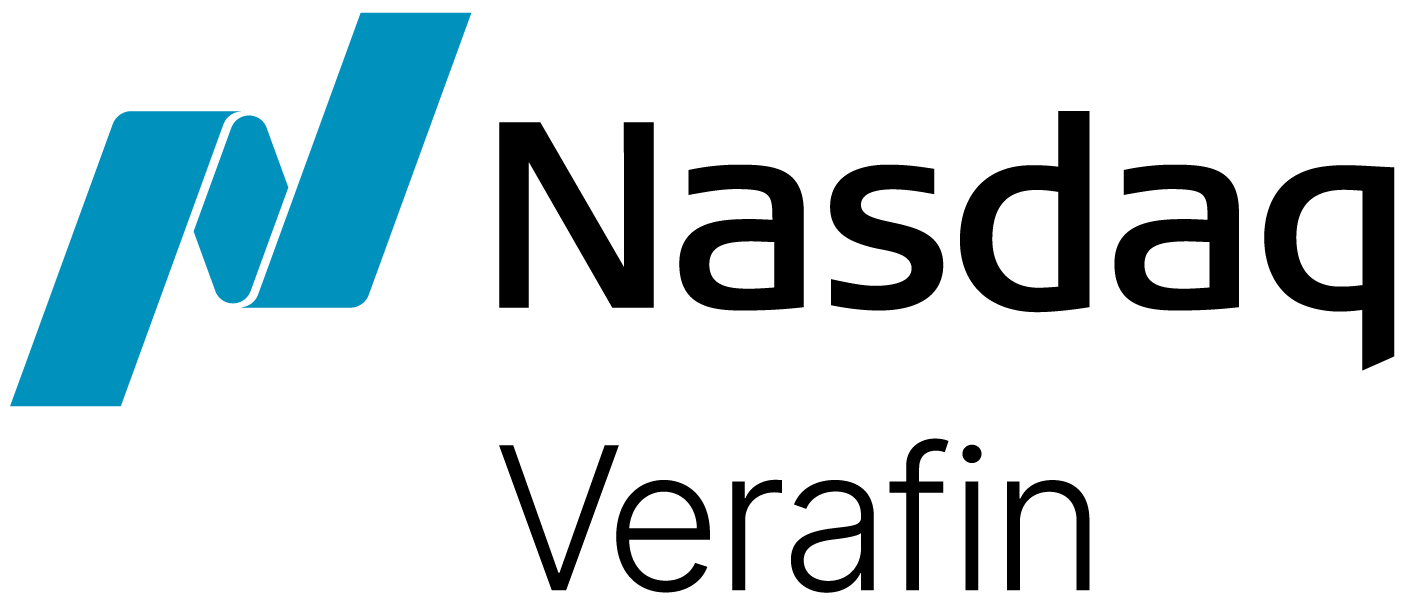World events can shift in a moment. Financial institutions need to be prepared to adapt to the constantly evolving landscape of regulatory compliance, while swiftly identifying potentially suspicious activity. To assist, FinCEN has issued a new alert with 7 red flags to help financial institutions counter the financing of terrorist activities.
FinCEN’s 7 Red Flags for Terrorist Financing
FinCEN’s new advisory, FIN-2023-Alert006, has identified the following red flag indicators to help financial institutions detect, prevent, and report potentially suspicious activity related to terrorist financing.
- A customer or a customer’s counterparty conducts transactions with OFAC-designated entities and individuals, or transactions that contain a nexus to identifiers listed for OFAC-designated entities and individuals, to include email addresses, physical addresses, phone numbers, or passport numbers, or virtual currency addresses.
- Information included in a transaction between customers indicates support for terrorist campaigns.
- A customer conducts transactions with a Money Services Business (MSB) or other financial institution, including one that offers services in virtual currency, that operates in higher-risk jurisdictions tied to Hamas activity, and is reasonably believed or suspected to have lax customer due diligence (CDD) requirements, opaque ownership, or otherwise fails to comply with anti-money laundering/combatting the financing of terrorism (AML/CFT) best practices.
- A customer conducts transactions that originate with, are directed to, or otherwise involve entities that are shell corporations, general “trading companies,” or other companies that have a nexus with Iran or other Iran-supported terrorist groups, such as Hizballah and Palestinian Islamic Jihad.
- A customer that is a charitable organization or non-profit organization (NPO) solicits donations but does not appear to provide any charitable services or openly supports Hamas’s terrorist activity or operations. In some cases, these organizations may post on social media platforms or encrypted messaging apps to solicit donations, including in virtual currency.
- A customer that is a charitable organization or NPO receives large donations from an unknown source over a short period of time and then sends significant wire transfers or checks to other charitable organizations or NPOs.
- A customer conducts transactions with known or suspected virtual currency addresses tied to terrorism or terrorist financing donation campaigns.
Considerations for Financial Institutions
Keeping pace with evolving regulatory compliance requirements is a challenge for financial institutions – especially when world events can change overnight. Relying on manual processes can leave your institution vulnerable – wasting time on tedious tasks while resources are inundated with false positives. Financial institutions should consider how automated solutions can better detect and protect them against illicit activity.
Fighting crime in isolation gives criminals an advantage over financial institutions. Your own institution’s data gives you a limited view into your customers’ activity – missing crucial information that can be essential in preventing illicit activity. Without insight into the counterparty, criminals can successfully evade detection, circumvent controls, and mask the flow of funds.
Verafin’s Collaborative Frameworks
Combating terrorist financing requires insights beyond your own institution. Verafin has supported collaboration and information sharing for 20 years, creating innovative solutions with consortium-level insights and collaborative frameworks to fight financial crime more effectively.



